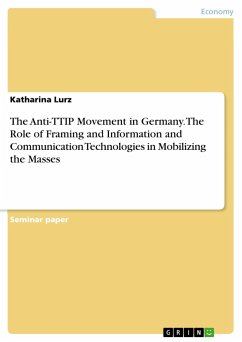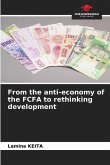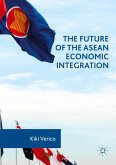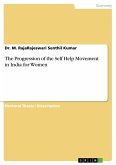Seminar paper from the year 2017 in the subject Economics - Foreign Trade Theory, Trade Policy, grade: 1,0, University of Bonn, language: English, abstract: This term paper will deal with the question how these anti-TTIP groups and contestants have managed to mobilize citizens to such extents as international trade deals are not traditionally on the public agenda. I argue that these organizations, such as Campact, Attac, and Mehr Demokratie, succeeded because they framed the issue in a way that struck a chord with the general public and the sensational online community which also tapped into existing narratives of anti-globalization and distrust towards the establishment, and because they made efficient and extensive use of new media technologies to spread these frames. The focus will thus be on investigating the different framing techniques and processes that were applied by the movement as well as its inherent structure and how these factors were combined with the use of onlinemedia in an effort to challenge the European Commission of the trade deal. With this combination of successful framing and use of online media they have managed to create an extensive base for protests against TTIP and CETA that has stifled the negotiations and final ratification for three years by now. In this regard, this paper will first elaborate on the different framing techniques that were applied by the protest leaders in light of existing narratives and discourses. Following, I will take a closer look at important NGOs such as Attac and Campact and protest groups such as Stop TTIP and TTIP unfairhandelbar [TTIP non-negotiable] and their successes in organizing and getting people onto the streets. Subsequent will be an examination of their use of online media and social media platforms that were employed to distribute these frames and mobilize the masses.
Hinweis: Dieser Artikel kann nur an eine deutsche Lieferadresse ausgeliefert werden.
Hinweis: Dieser Artikel kann nur an eine deutsche Lieferadresse ausgeliefert werden.








